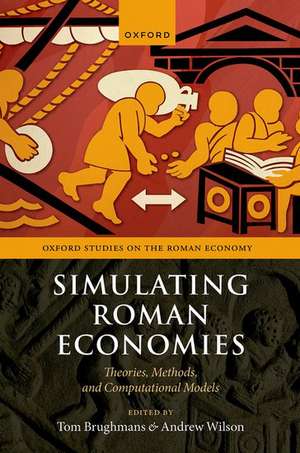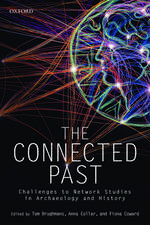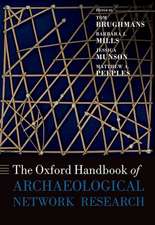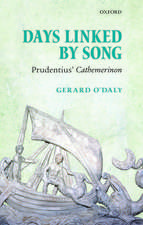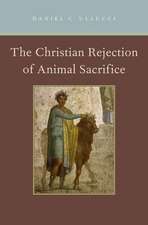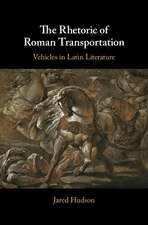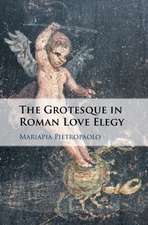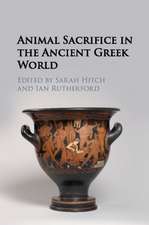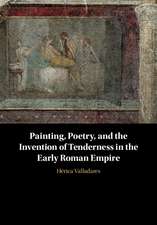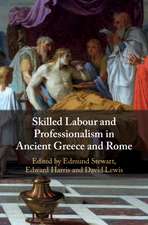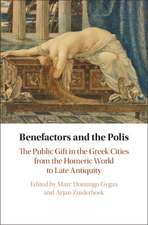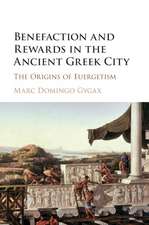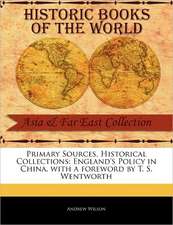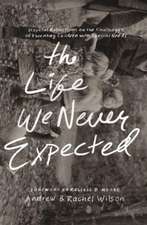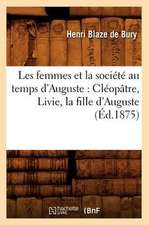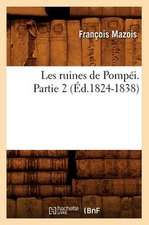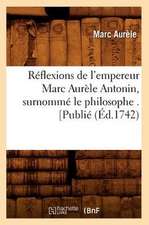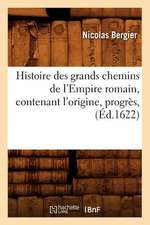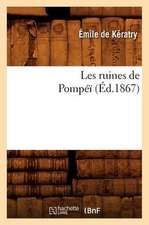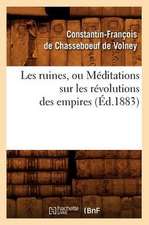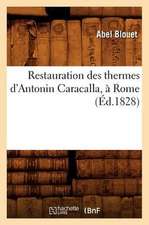Simulating Roman Economies: Theories, Methods, and Computational Models: Oxford Studies on the Roman Economy
Editat de Tom Brughmans, Andrew Wilsonen Limba Engleză Hardback – 14 sep 2022
Din seria Oxford Studies on the Roman Economy
- 5%
 Preț: 241.61 lei
Preț: 241.61 lei - 30%
 Preț: 506.81 lei
Preț: 506.81 lei - 12%
 Preț: 308.21 lei
Preț: 308.21 lei - 17%
 Preț: 194.81 lei
Preț: 194.81 lei - 30%
 Preț: 751.05 lei
Preț: 751.05 lei - 13%
 Preț: 260.35 lei
Preț: 260.35 lei - 30%
 Preț: 852.01 lei
Preț: 852.01 lei - 25%
 Preț: 809.21 lei
Preț: 809.21 lei - 30%
 Preț: 601.39 lei
Preț: 601.39 lei - 30%
 Preț: 881.02 lei
Preț: 881.02 lei - 12%
 Preț: 277.43 lei
Preț: 277.43 lei - 27%
 Preț: 864.60 lei
Preț: 864.60 lei - 30%
 Preț: 604.98 lei
Preț: 604.98 lei - 25%
 Preț: 841.23 lei
Preț: 841.23 lei - 25%
 Preț: 705.61 lei
Preț: 705.61 lei - 17%
 Preț: 703.40 lei
Preț: 703.40 lei - 17%
 Preț: 854.93 lei
Preț: 854.93 lei
Preț: 704.40 lei
Preț vechi: 843.78 lei
-17% Nou
Puncte Express: 1057
Preț estimativ în valută:
134.80€ • 146.38$ • 113.23£
134.80€ • 146.38$ • 113.23£
Carte disponibilă
Livrare economică 21-27 martie
Preluare comenzi: 021 569.72.76
Specificații
ISBN-13: 9780192857828
ISBN-10: 0192857827
Pagini: 356
Ilustrații: multiple black and white figures/illustrations
Dimensiuni: 160 x 240 x 21 mm
Greutate: 0.73 kg
Editura: OUP OXFORD
Colecția OUP Oxford
Seria Oxford Studies on the Roman Economy
Locul publicării:Oxford, United Kingdom
ISBN-10: 0192857827
Pagini: 356
Ilustrații: multiple black and white figures/illustrations
Dimensiuni: 160 x 240 x 21 mm
Greutate: 0.73 kg
Editura: OUP OXFORD
Colecția OUP Oxford
Seria Oxford Studies on the Roman Economy
Locul publicării:Oxford, United Kingdom
Recenzii
This is the eighteenth volume in the series "Oxford Studies on the Roman Economy" that Alan Bowman and Andrew Wilson launched in 2009, and arguably the most innovative to date. It sends a strong message that computational modeling has now sufficiently matured to make a substantial contribution to our understanding of Roman economic history, and even more importantly to our understanding of how to study that history.
The present volume serves as a guide for those scholars (present and future) who aim to reunite the field.
It should be emphasised that the volume is a valuable entry in the debate on Roman economic performance. It offers ample ground and inspiration for future research in Roman economic history and ancient history in general, demonstrating the potential of computer models and simulations in constructively enhancing research processes and providing new insights that cannot be obtained by traditional approaches.
Simulating Roman Economie, co-edited by Tom Brughmans and Andrew Wilson, illustrates much that makes the series distinctive. It represents a careful but insistent call to arms.
Simulating Roman Economies, co-edited by Tom Brughmans and Andrew Wilson (the latter the indefatigable engine behind the Oxford Roman Economy Project and this series, its published legacy), illustrates much that makes the series distinctive. It represents a careful but insistent call to arms.
The present volume serves as a guide for those scholars (present and future) who aim to reunite the field.
It should be emphasised that the volume is a valuable entry in the debate on Roman economic performance. It offers ample ground and inspiration for future research in Roman economic history and ancient history in general, demonstrating the potential of computer models and simulations in constructively enhancing research processes and providing new insights that cannot be obtained by traditional approaches.
Simulating Roman Economie, co-edited by Tom Brughmans and Andrew Wilson, illustrates much that makes the series distinctive. It represents a careful but insistent call to arms.
Simulating Roman Economies, co-edited by Tom Brughmans and Andrew Wilson (the latter the indefatigable engine behind the Oxford Roman Economy Project and this series, its published legacy), illustrates much that makes the series distinctive. It represents a careful but insistent call to arms.
Notă biografică
Tom Brughmans is an associate professor at Aarhus University's Centre for Urban Network Evolutions (UrbNet) and Classical Archaeology. His research interests include the study of Roman economic and urban phenomena, past social networks, and visual signalling systems. He performs much of his work by applying computational methods such as network science, agent-based simulation, and geographical information systems. His research projects MERCURY and SIMREC developed educational resources and case studies to make simulation studies of the Roman economy more common (Leverhulme Early Career Fellowship and Marie-Curie Individual Fellowship). His ongoing project MINERVA aims to develop a highly detailed network model of the Roman road system, and to perform simulation experiments to explore the centuries-long distribution patterns revealed by Roman tableware and amphora data.Andrew Wilson is Professor of the Archaeology of the Roman Empire and Fellow of All Souls College, Oxford. His research focuses on the Roman economy, ancient technology, urbanism, and settlement. He has excavated in Italy, Libya, Tunisia, Syria, Cyprus, and Turkey. He is co-director (with Alan Bowman) of the Oxford Roman Economy Project (OxREP), and (with Chris Howgego) of the OxREP-Ashmolean Coin Hoards of the Roman Empire project; and he is also Principal Investigator of the Endangered Archaeology in the Middle East and North Africa project (EAMENA).
